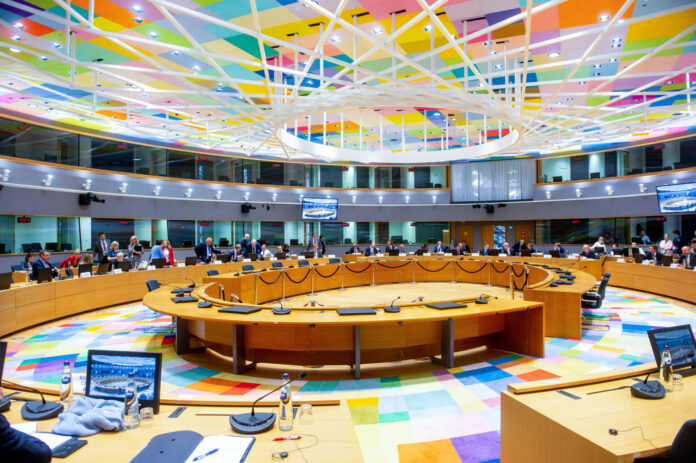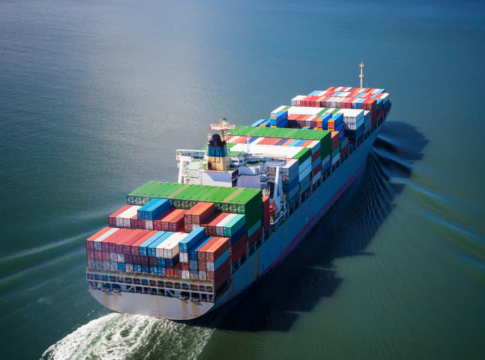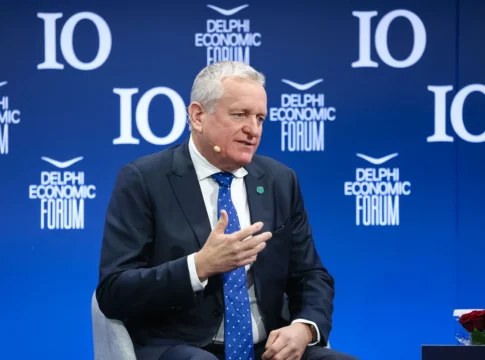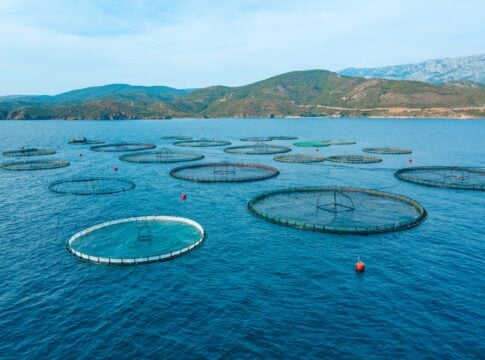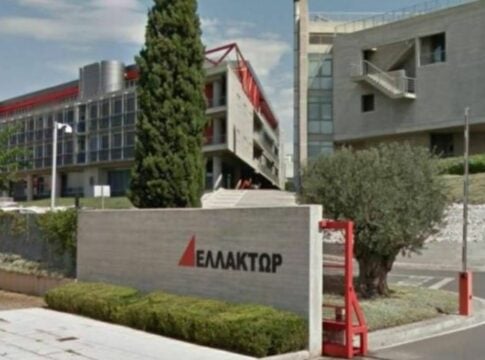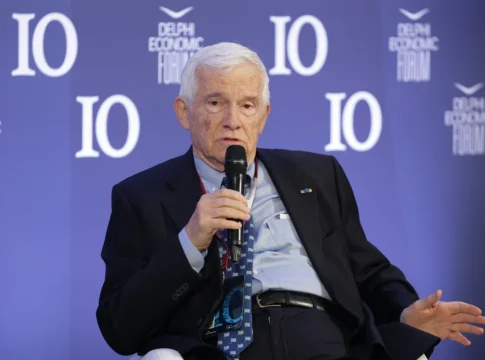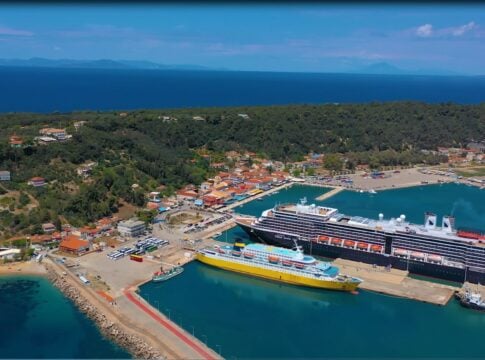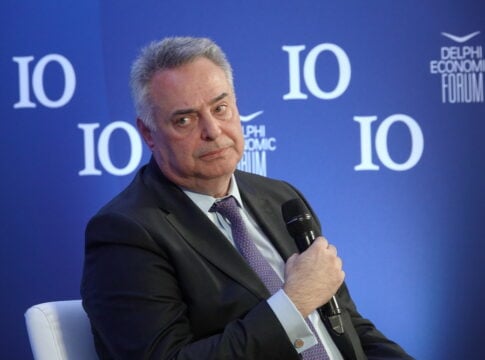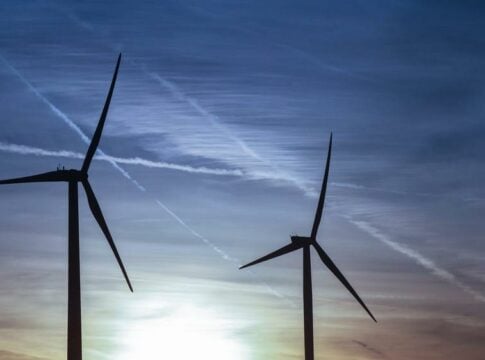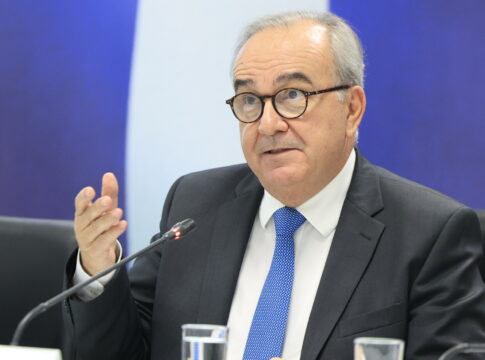The European Commission is planning bold measures to strengthen businesses, in order to face competition problems. But above all, providing incentives to companies so as not to get lured by the billions in subsidies offered by the Americans for “green investments” in the United States.
The Commission also admitted in its internal document that many European companies, at least in the short term, “find economic advantages in countries that are considered trading partners.”
Like for example the United States which offers over 400 billion dollars in subsidies through the IRA Act, aiming to reduce inflation, while the energy cost is much cheaper than in Europe.
This Commission’s document has also been sent to the 20 finance ministers of the Eurozone countries, who are meeting on Monday in Brussels, within the framework of the Eurogroup.
“The Commission’s proposals to be discussed today at the Eurogroup address the competitiveness problems of the companies that come from the energy transition,” European sources emphasized to “Naftemporiki.”
“Europe needs to act decisively as the US pours hundreds of billions into the green transformation, China heavily subsidizes its businesses and the BRICS countries merge to create a new competitive scheme,” the same sources noted, adding: “We need new investments in common modern European infrastructure and strategically important sectors for the green transformation of the Old Continent’s economy.”
The latest Step investment program – the Strategic Technologies for Europe Platform – should answer many open questions. But so far the Step program includes just 10 billion euros in fresh funds. An amount that does not cover investment needs of 584 billion euros per year, until 2030, for the refueling of European electricity networks. To cover the cost of this investment through electricity bills, regulators would have to raise average grid prices by 1.5 to 2 cents per kWh.
If consumers paid this amount fairly, the average increase in annual household electricity bills would range between 40-50 euros.
Fair transition
In terms of investment, economic growth must take place in harmony with a fair transition. “That’s why we need new funds to adequately support the affected areas, as well as industry and companies,” the same sources stressed to “Naftemporiki” and added: “Furthermore, the proposed Step funding is not precisely targeted. We need to use our funds in sectors that will help Europe the most.
Moreover, the European Union must pursue an active industrial policy aimed at the global level. If we want to be economically competitive globally, we must become dominant in Europe. To do this, we need a massive expansion of renewable energy sources, the development of key green industries, including a secure and sustainable supply of critical raw materials and semiconductors. Only then will innovations emerge in Europe and industries will remain in the region,” the same sources noted.
Belgian presidency hopes
In light of the evolving geopolitical confrontation and the rapid development of new technologies, such as artificial intelligence, the EU must prioritize its long-term competitive and industrial policies.
“The EU must ensure a level playing field for businesses, especially SMEs, enabling them to compete fairly both in Europe and globally. The EU must lead the way in creating a sustainable, innovative and resilient digital ecosystem that empowers citizens and benefits businesses.”
In this context, Belgian Prime Minister Alexander De Croo underlined that the EU presidency “will work to strengthen the internal market and the industrial future of the EU” and will continue its work on completing the Capital Markets Union and the Energy Union. The Presidency aims to strengthen the role of research, development and innovation and become a pioneer in the development of customized solutions that enhance the resilience and competitiveness of key value chains.”
On Tuesday, de Croo will present the priorities of the Belgian presidency to the Plenary of the European Parliament in Strasbourg and, according to “Naftemporiki” sources, he will underline the importance of the cohesion policy as an essential long-term investment instrument, as a catalyst for transformation and convergence and as a uniting force for the European Union.”
Belgian sources also stated to “Naftemporiki” that Alexander De Croo will pay special attention to the autonomy of food production in the European Union.


